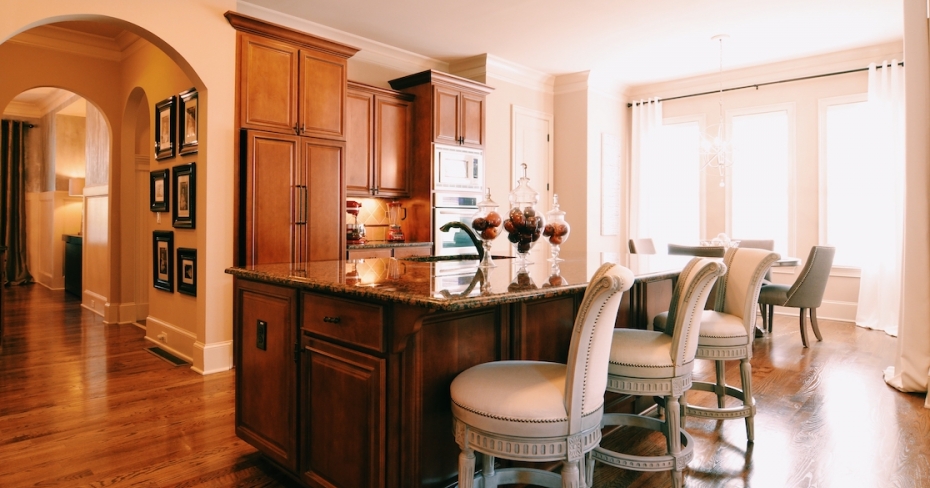The best home renovations that pay off at resale

This article has been updated from a previous version
In the competitive real estate markets across Canada, sellers are increasingly looking for an edge to appeal to buyers. Home renovations don’t just boost a home’s value but make the house more comfortable for the owners themselves, in case they end up having to stay put for a while.
A report by Re/Max Canada published in September 2024 showed that spending on home renovations during this period has driven up prices for single-family homes, even though the market is under pressure.
From 2019 to 2023, the report states that Canadians spent about $300 billion on home improvements, especially in Toronto and Vancouver.
With so much money going into renovations, homeowners might wonder which projects will yield the most return when selling their home. To find out, we talked to three experts in home sales and renovations.
Where you live matters
Location plays a very important role in the return on investment (ROI) for home renovations, according to Mike Babcock, former partner of Alair Homes Lawrence Park Toronto.
“What works for one homeowner won’t necessarily work for another,” says Babcock. This means that the value added by renovations can be very different depending on your house and where you live.
To get the most value from your renovations, it’s important to talk to experts like contractors and realtors. They can advise you on which improvements will likely increase your home’s value and by how much.
Contractors can also connect you with good design partners and interior designers, and make sure your renovations follow building codes, making the process easier and more successful.
Consider your budget
While home makeovers with unlimited budgets make for great reality TV, deep coffers are generally not in the toolbelts of most would-be renovators.
Ari Armani, a real-estate broker at Royal LePage Signature Realty in Toronto, says even a small budget can make a significant difference.
“Painting goes a long way,” he says. “It’s a no-brainer. Painting is the cheapest and most effective renovation. It’s at the top of my list.”
For those with a budget of $20-25,000, some of the best home improvements to increase a home’s value are cosmetic changes, such as replacing cabinet doors in the kitchen and bathroom and getting new appliances like stoves, stove hoods and microwaves, which can be bought together and often at a discount.
Landscaping is another good improvement that doesn’t cost too much.
“It’s important to pay attention to your area and try to match what you see," says Armani. In other words, there’s no need for the extravagant landscaping you see along Toronto’s infamous Bridle Path if you’re selling a home where more modest landscaping will do.
Related: Landscaping and home insurance: what's covered?
Maximizing value with kitchen upgrades
If there is one best return on investment in home improvements, it’s in the kitchen, says Jack Torossian, owner and founder of Golden Bee Homes in Toronto, and a third-generation builder.
“The kitchen is the heart of our homes, the place we spend most of our time prepping, cooking, eating, talking, watching, listening and spending time together,” he says. “The more organized and functional it is, the more value we will get out of it.”
There are many ways to refresh a kitchen at different price points, from new cabinets and hardware, to adding a sink or replacing countertops and backsplash tiles.
“Whether you are looking to stay in your home, resell it or are even thinking of retiring in it, the kitchen is a smart choice to invest in,” he says.
Understand the total cost of the project
It’s easy to get swept up in dreams of a shiny new kitchen or modern bathroom, but home renovation prices can quickly spiral out of control.
This is why, no matter what renovation you choose, knowing the total cost of the project will help in understanding the potential ROI, says Babcock.
Before you sign any contracts, make sure everything is ready and planned for. This includes having detailed drawings, getting necessary permits, and knowing how much every option will cost.
"Don't sign a construction agreement until these steps are done,” Babcock advises. “Only then are you in a position to know what your project will cost you.”
Seeking the advice of experts like realtors and contractors will not only help make sure your renovations look good but will also guarantee they are worth the money.
Read more: Should you tell your home insurance company about your renovations?


